

Being more physically active is on top of the New Year's resolution list for many, regardless of their actual physical activity levels. For runners, this means running more miles, doing longer races, and generally pushing yourself more to become a better, stronger runner.
However, forever pushing yourself will only result in one thing: getting injured. Instead, try incorporating some of the below tips, which might help you become a more versatile, stronger runner in 2024 and beyond. Most of these suggestions cost no money and require very little equipment.
That's not to say having some gear might not help you achieve your goals sooner. One of the best multisport watches, the Garmin Forerunner 965, can make it easier to understand how your sleep and daily habits affect your performance. Wearing the appropriate running shoes will help preserve the legs and can improve performance.
What else can you do to become a stronger runner in the new year? Read on to find out.
1. Have a plan
Most runners go for runs as and when they can. There is no structure to their runs, and the pace is often the same, too. Doing the same runs repeatedly won't help anyone become a better runner; instead, you'll forever be stuck doing the same routine.
Which, in some cases, is perfectly fine. Not all runners are in the game for performance improvements – some do it for the activity's cardiovascular benefits or stress-reducing properties. However, considering you've got this far in the article, we assume you wish to become a better/faster runner.
The best – and, quite frankly, easiest – way to get out of a rut such as the one described above is to have a plan. This doesn't have to be anything complicated; as long as there is some structure to your runs that allows you to do different runs, it should suffice.
Get all the latest news, reviews, deals and buying guides on gorgeous tech, home and active products from the T3 experts
Most running watches these days have features that can put training plans together for you based on your training load, fitness level and more. Garmin watches call this feature Garmin Coach, and using it can help you train for 5k, 10k, and half-marathon races easily.

2. Put fun back into in fartlek
Fartlek runs have a bad reputation but aren't the root of all evil they are often described. Asics defines fartlek as a "kind of running training which involves random variations in speed and intensity, alternating between bursts of sprinting and slower ‘recovery’ jogging."
That does sound a lot like how we used to run as kids! Indeed, fartlek is the perfect way to introduce some fun into your running workouts and to justify running freely while also improving your fitness.
After all, the same article linked above says that "switching between low-intensity aerobic and high-intensity anaerobic exercise helps you to develop endurance and become stronger and more efficient at removing lactic acid from your bloodstream, meaning that, over time, you can run farther at a higher speed."
3. Intervals are your friend
Interval training is generally regarded as the runner's best tool to become a stronger athlete – it can improve VO2 max and running form. It's like a running plan for a single workout; you warm up at a slower pace, run a specific time/distance at a higher pace, recover, repeat a few times, and then allow your body to cool down.
A systematic review (which evaluates multiple research papers about the same topic) found that "high-intensity interval training (HIIT)-based running plans (2 to 3 HIIT sessions per week, combining HIIT and continuous run sessions) show athletic performance improvements in endurance runners by improving maximal oxygen uptake and running economy along with muscular and metabolic adaptations."
It's more structured than fartlek – although, really, fartlek is a type of interval training – but you'll get almost an immediate sense of satisfaction when you realise you can run faster than you'd think on your first interval session!

4. Stonger legs means faster times
Most runners steer clear away from gyms; let the big girls and boys pump iron, you're best off putting more miles in the legs, right? The International Sports Sciences Association (ISSA) says regular resistance training can help prevent injury, increase running speed, reduce fatigue, improve recovery, and more.
Better still, most exercises that benefit runners can be done without barbells or dumbbells (although weighted squats are super useful). Lunges, bodyweight squats, pull-ups and push-ups will all help you become more resilient as a runner.
5. Prioritise sleep
What's the best way to improve recovery? A protein shake after runs? Stretching? Mobility workouts? More rest days? Massage guns? Pneumatic boots? The single most beneficial thing you can do to significantly improve running recovery (and performance) is to give yourself a good night's sleep as often as you can.
"Domains of athletic performance (e.g., speed and endurance), neurocognitive function (e.g., attention and memory), and physical health (e.g., illness and injury risk, and weight maintenance) have all been shown to be negatively affected by insufficient sleep or experimentally modelled sleep restriction," research from 2016 found.
While for some, it might be more difficult than others, most people can improve their habits to enable them to sleep better.
This includes avoiding stimulants (e.g. coffee, tea) in the afternoon, turning down the lights late evening, and trying to establish a fairly regular sleep routine. These actions won't reduce external distractions (loud noises coming from outside, kids waking up, etc.), but they may help your body's ability to sleep when it can.
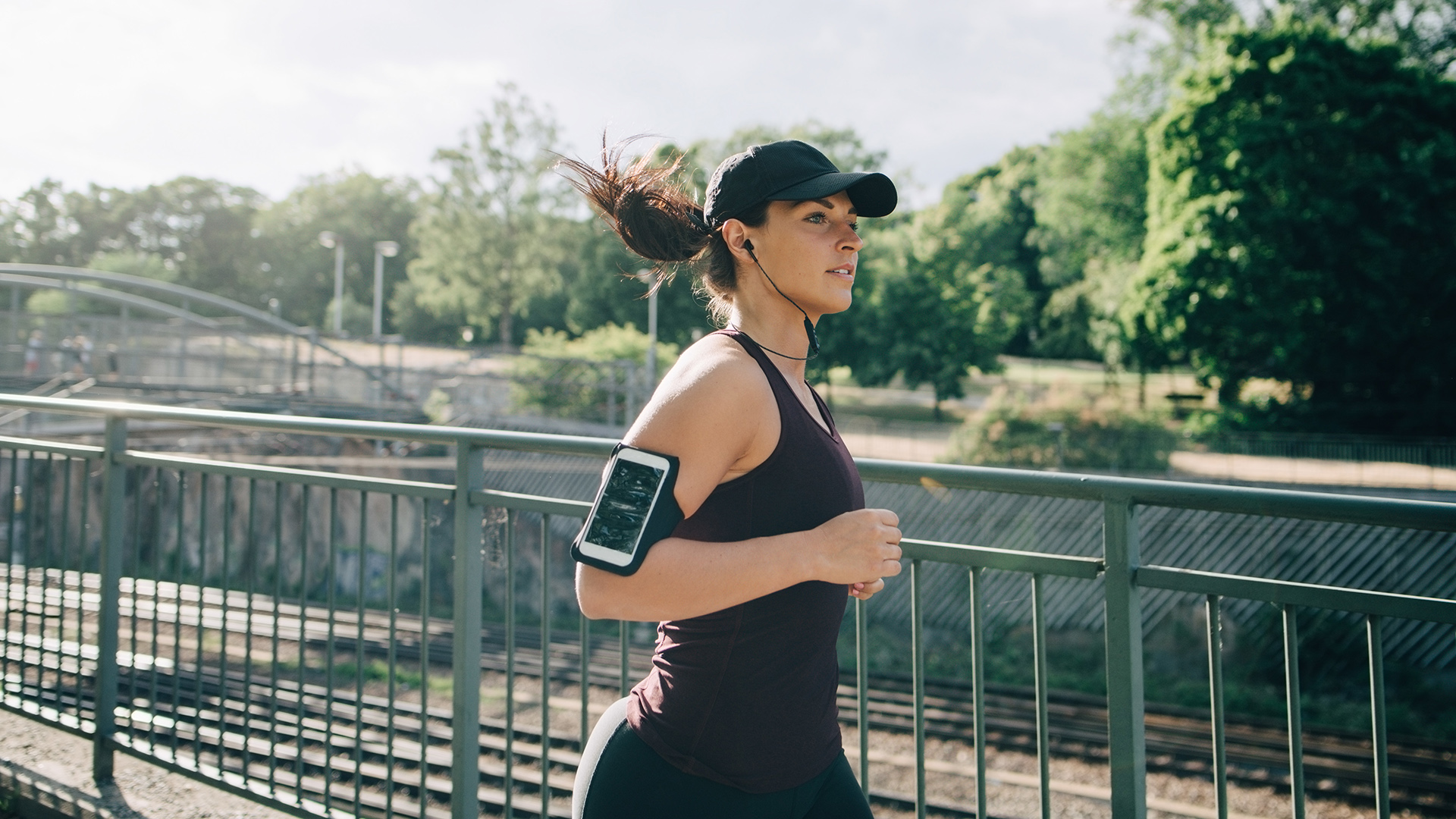
6. Go the distance (or not)
Weekend long runs are a staple in every runner's diet. Going the distance has its benefits, but keeping religiously to your weekend long-run schedule can harm you, especially if you have any niggling pain or are fatigued. Of course, slow-paced long runs can be helpful when done correctly. Just make sure you don't overdo them.
7. Allow your body to recover (without standing still)
At times when you do feel fatigued, it's best to play it safe and allow time for recovery. Some pains never go away, mainly because you keep using the affected body part, which aggravates the situation and creates a permanent issue.
Not going for a run doesn't mean you should be sitting home doing nothing, though. A gentle walk, cycle or swim can help keep the ball rolling. Here are 5 alternative workouts to try to become a better runner to get you in the mood to exercise.
8. Get coached
While it might feel adequate to put your training and diet plans together for yourself, if you've ever asked anyone using a coach, they will tell you the only thing they regret is not asking for help from a coach sooner. Not only do reliable coaches have a wealth of experience in helping runners get better, but they are also trained to cater for specific needs you might have, whether it's injury prevention or recovery.

9. Community support
We might be stating the obvious here, but running with other people is more fun than running alone. More importantly, there is a tangible benefit to moving your body with other people around you: you'll feel less exhausted after the session.
A study from late 2016 found that "higher perceived task cohesion and social support were associated with lower perceived exertion and greater enjoyment during group running."
The researchers also said that while exercising in groups didn't help people become faster, "group training may nonetheless furnish psychological benefits that could aid in the completion of challenging, high-intensity training sessions."
Next time you have a hard session planned, make sure you get a buddy to do it with you!


Matt Kollat is a journalist and content creator for T3.com and T3 Magazine, where he works as Active Editor. His areas of expertise include wearables, drones, action cameras, fitness equipment, nutrition and outdoor gear. He joined T3 in 2019.
His work has also appeared on TechRadar and Fit&Well, and he has collaborated with creators such as Garage Gym Reviews. Matt has served as a judge for multiple industry awards, including the ESSNAwards. When he isn’t running, cycling or testing new kit, he’s usually roaming the countryside with a camera or experimenting with new audio and video gear.
-
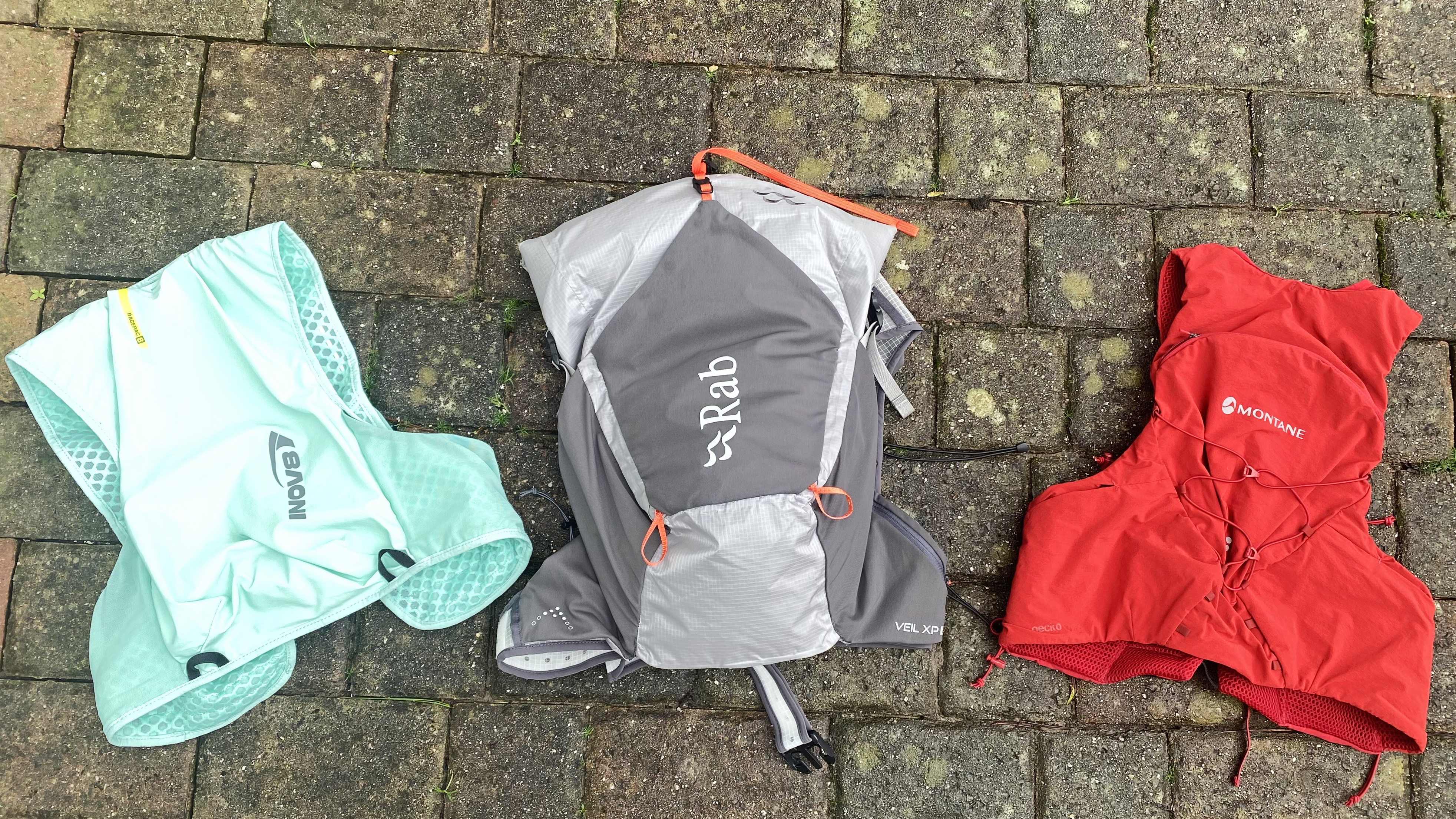 I’ve tested multiple running packs over the years, and these are the three I'd recommend in 2026
I’ve tested multiple running packs over the years, and these are the three I'd recommend in 2026Three very different vests and packs for a range of running and speedhiking escapades
-
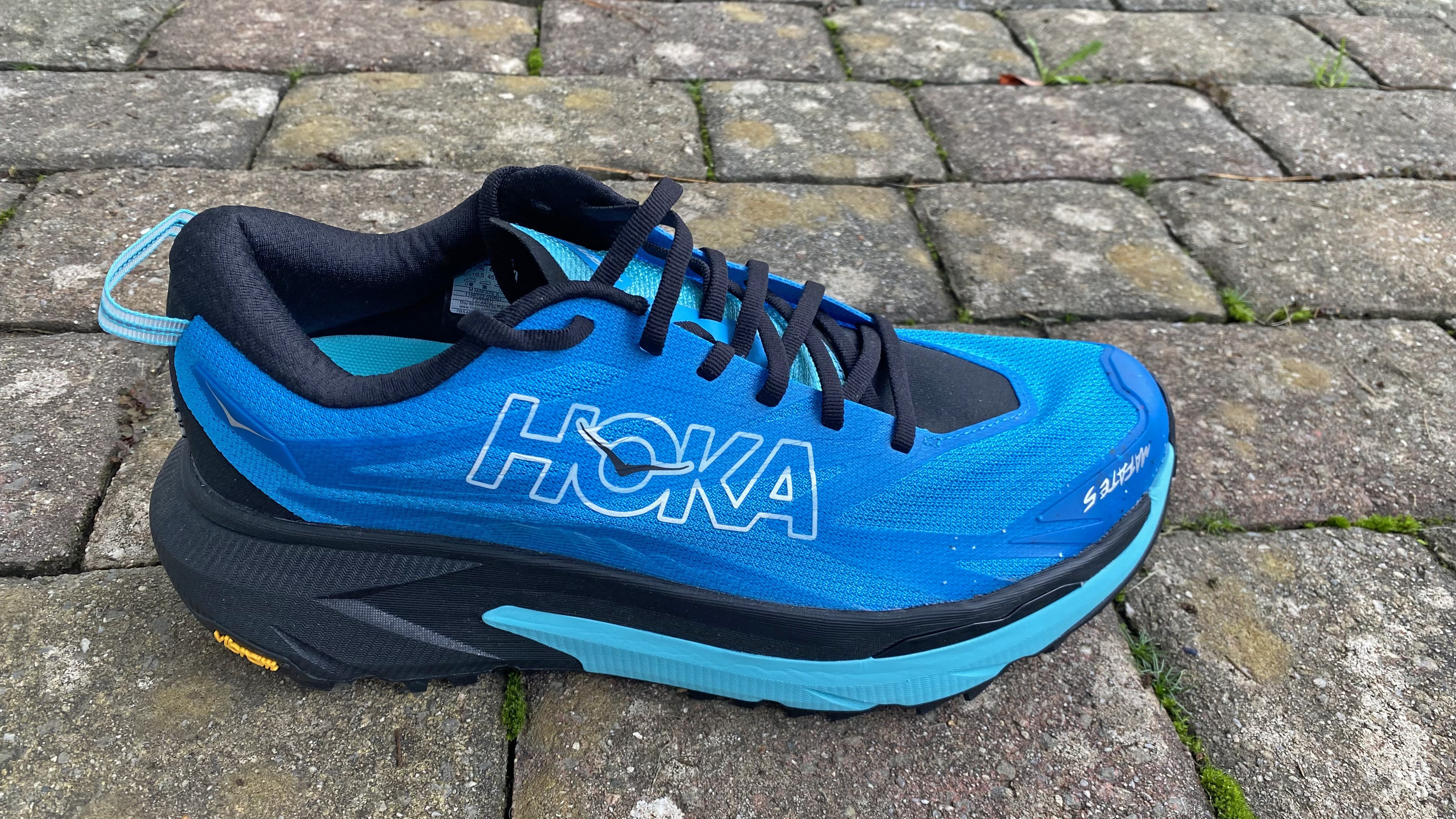 Hoka Mafate 5 review: Trail running shoes that go further (but not faster)
Hoka Mafate 5 review: Trail running shoes that go further (but not faster)The latest iteration of this eyebrow-raising, mile-munching trail shoe has taken some surprise turns, but it’s still built to bounce.
-
 On and Sky High Farm Goods are back with a wildflower-inspired trainer drop for SS26
On and Sky High Farm Goods are back with a wildflower-inspired trainer drop for SS26The food equity-led partnership returns on 5 February with three very colourful shoes, plus a kids’ golf-style spin
-
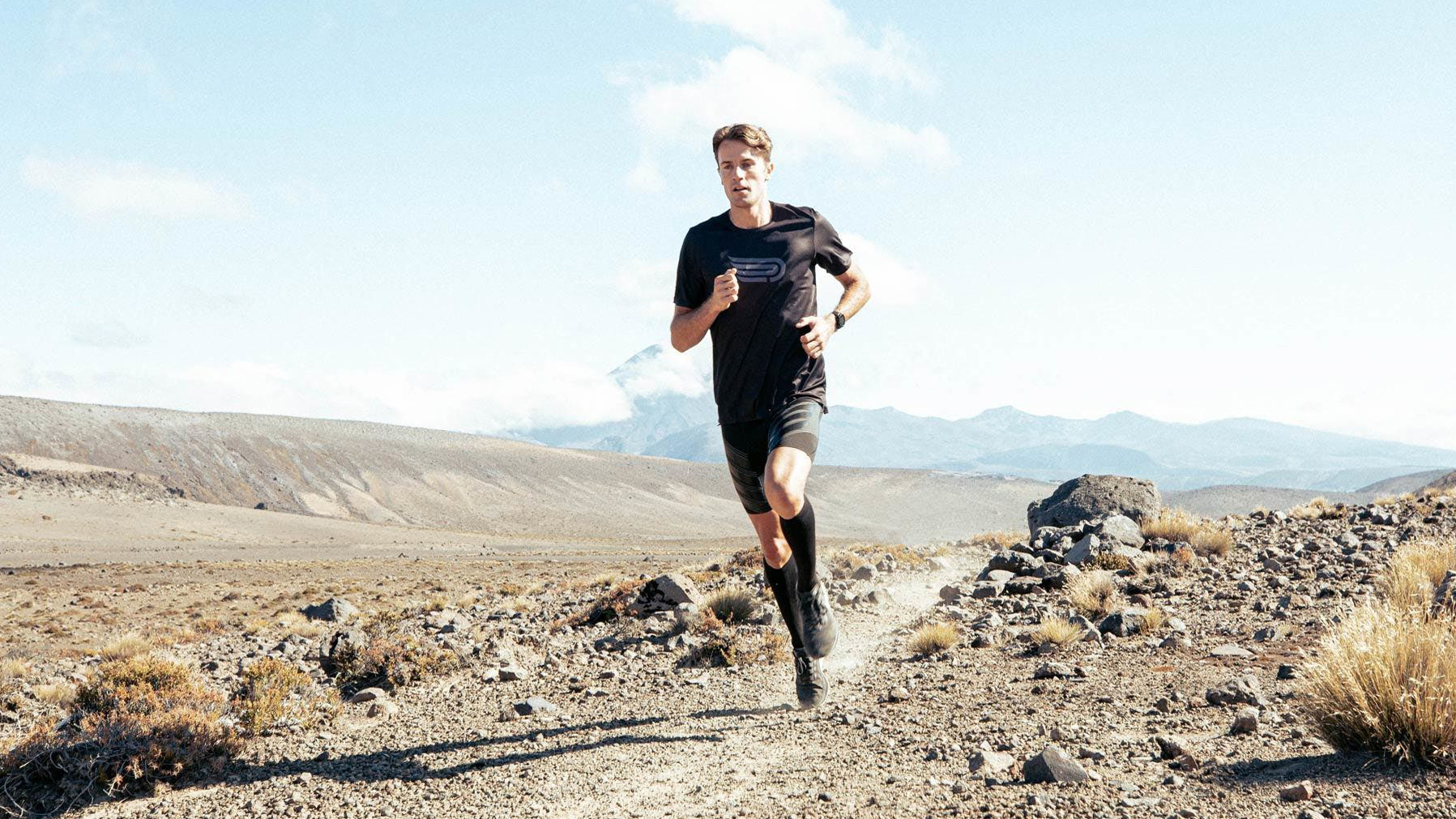 I tested a lot of running compression socks and these 3 are worth your money
I tested a lot of running compression socks and these 3 are worth your moneyThese socks prove that not all “tight socks” are the same
-
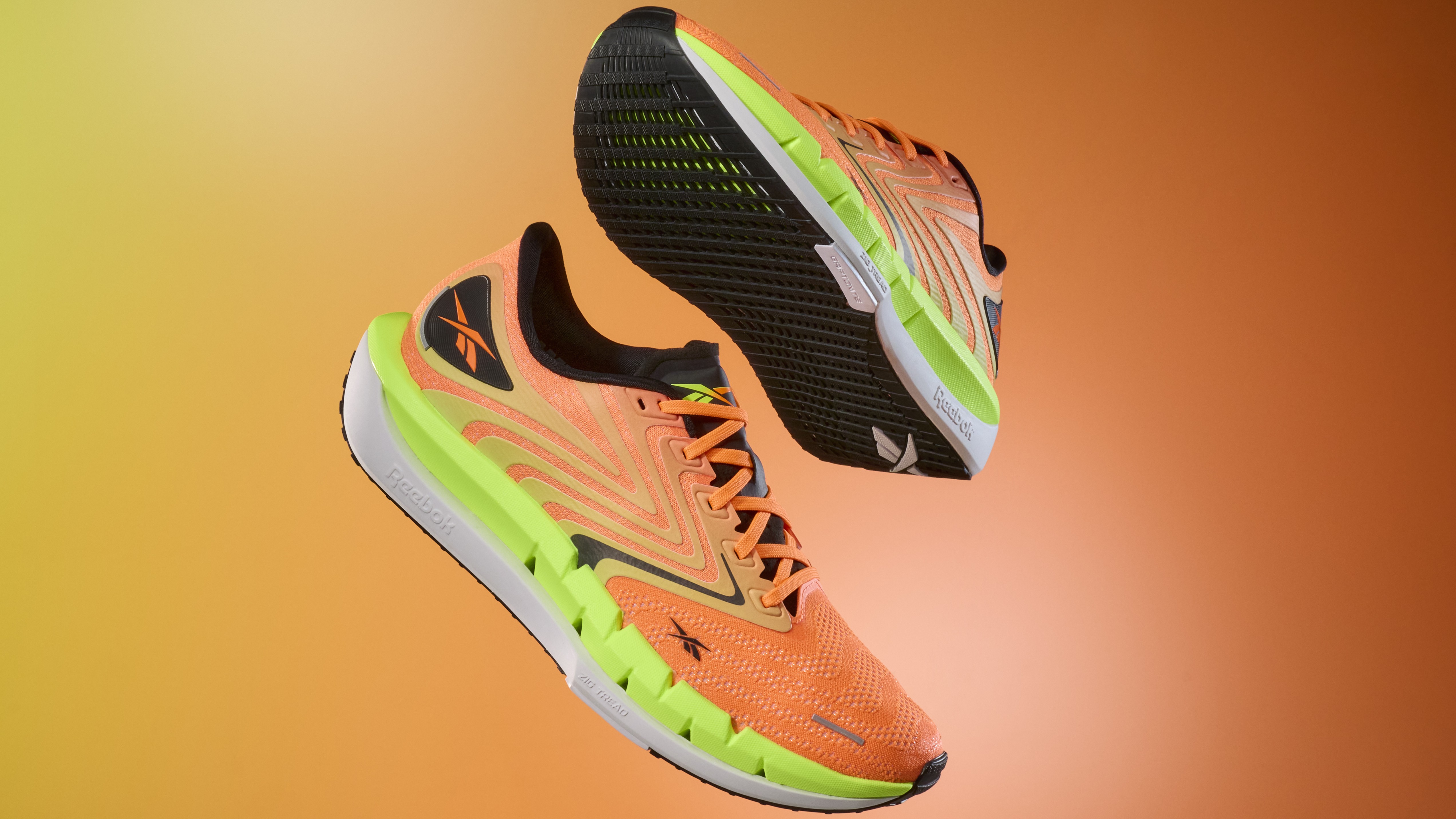 Reebok just dropped a running shoe designed for the treadmill crowd
Reebok just dropped a running shoe designed for the treadmill crowdThe FloatZig Tread targets indoor traction and responsiveness - plus there’s a new max-cushion sibling for distance running
-
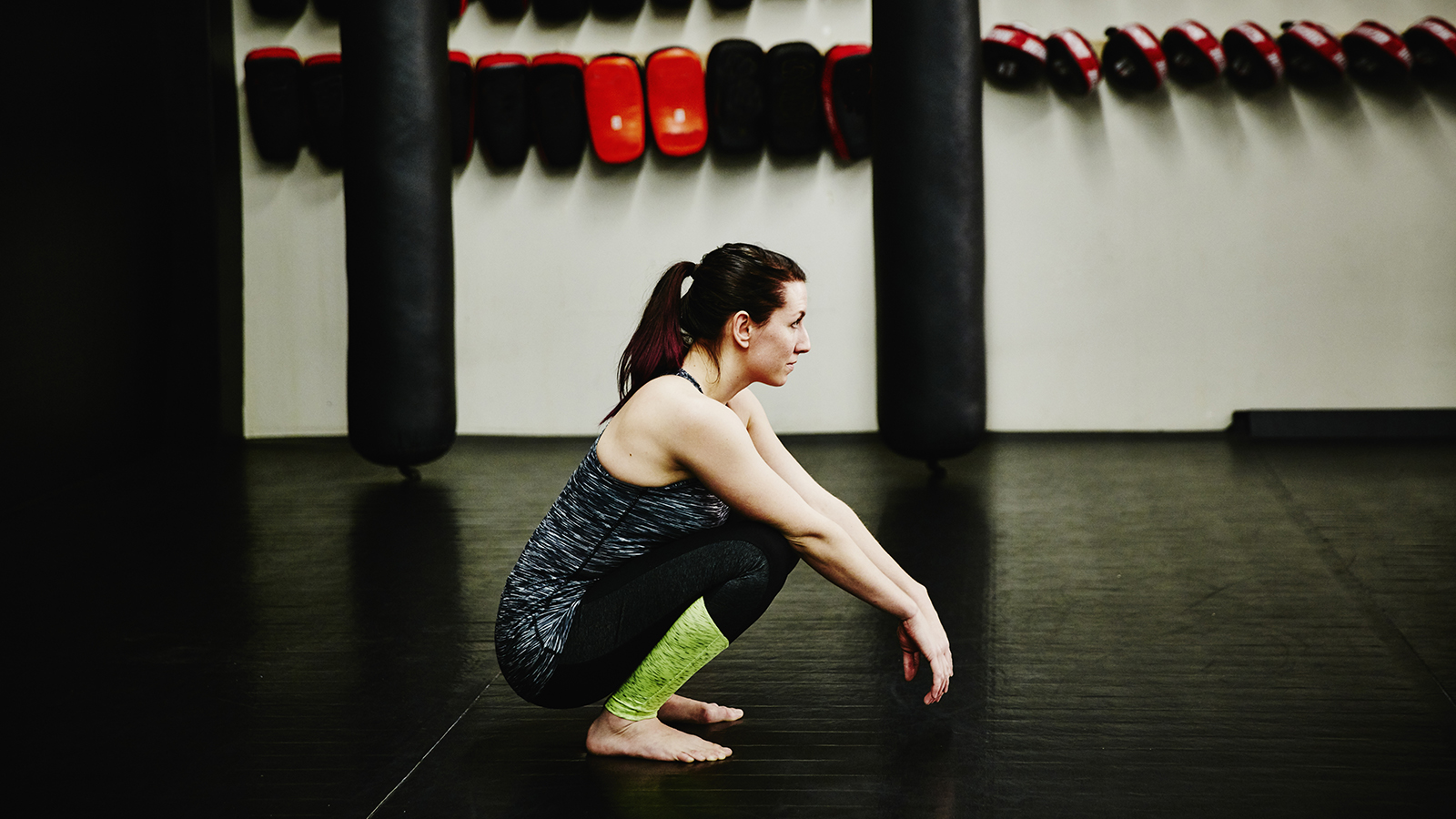 I did a 'resting squat' every day for two minutes – here’s how it improved my mobility, posture and comfort
I did a 'resting squat' every day for two minutes – here’s how it improved my mobility, posture and comfortThis underrated move can boost posture, hip mobility, and even digestion
-
 Peloton Cross Training Bike+ review: the best exercise bike for those who can afford it
Peloton Cross Training Bike+ review: the best exercise bike for those who can afford itHome fitness doesn’t get any better than this, but is it a worthy upgrade for existing Peloton users?
-
 4 exercises a sports scientist swears by to build a bigger back
4 exercises a sports scientist swears by to build a bigger backAnd you can do them all at home

